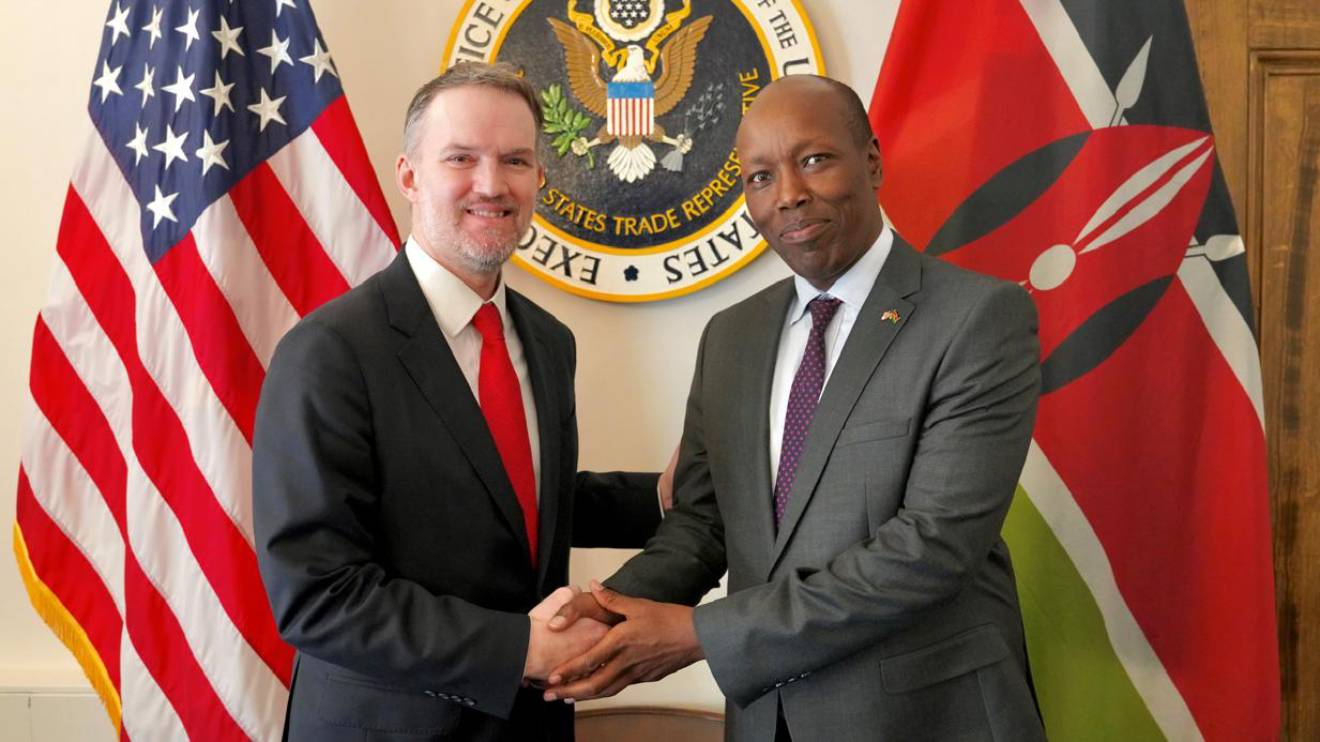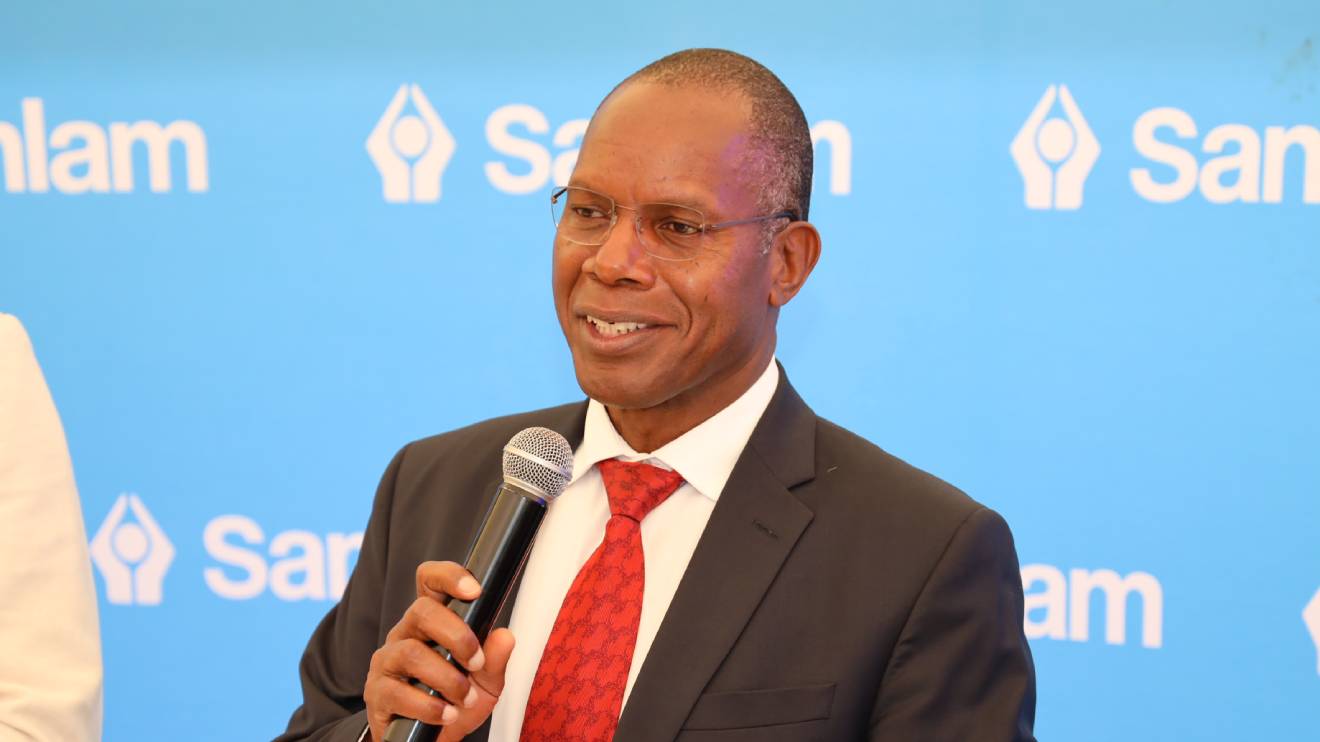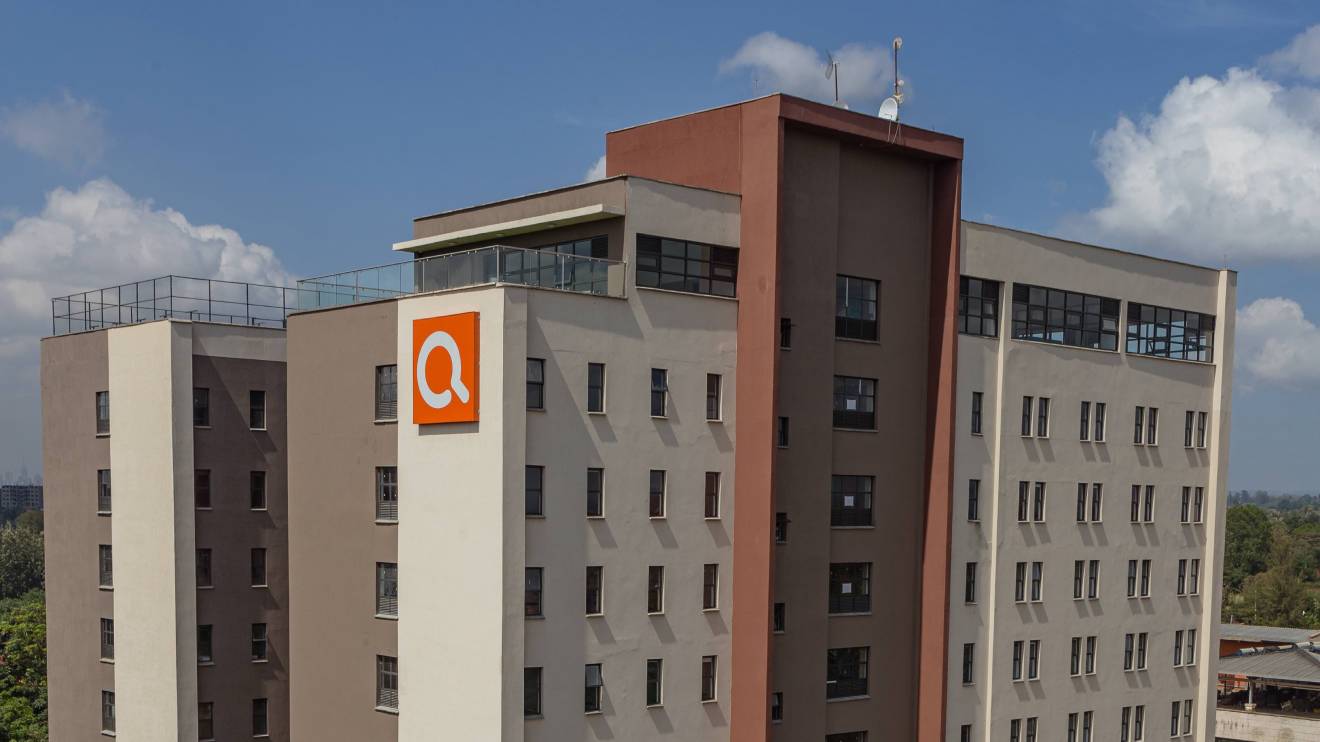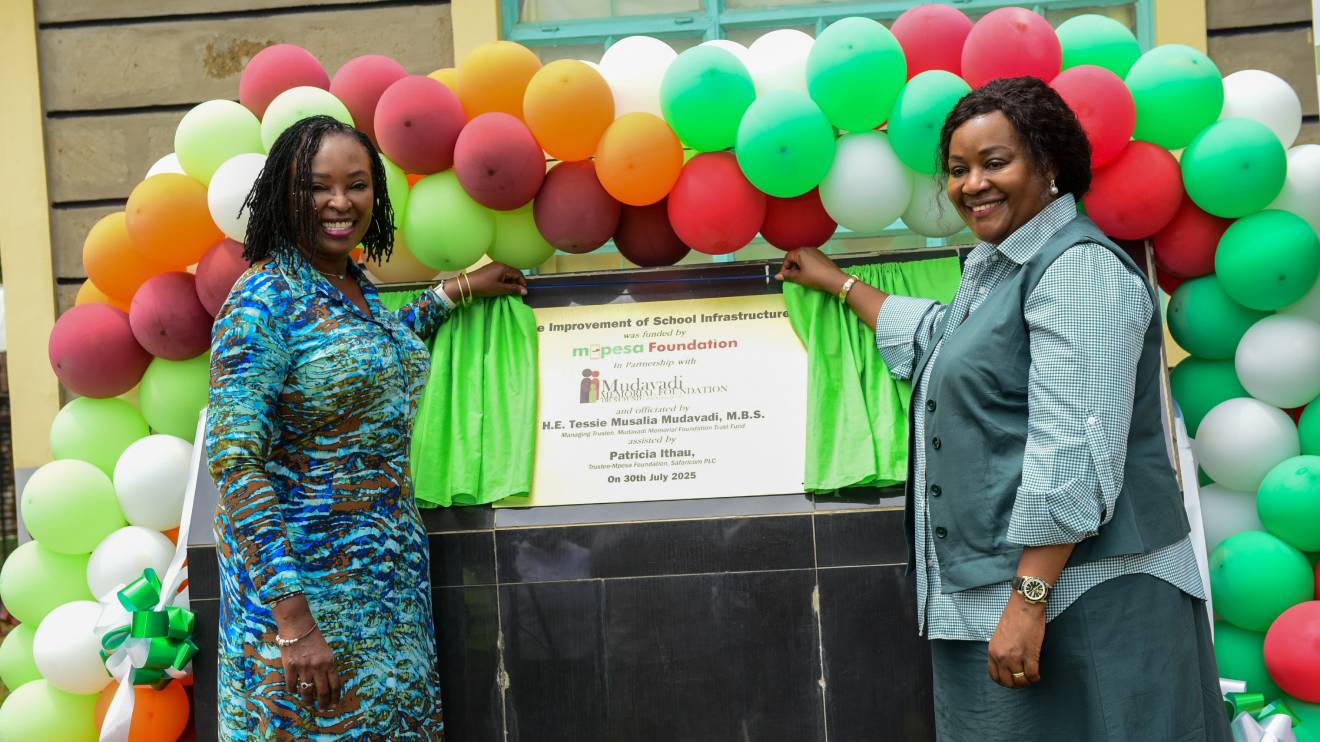Kenya has taken a decisive step by opening a Sh1.2 billion cotton ginning and oil extraction factory at Lamu Port, a move the government says aims to propel the country’s industrial development.
Cabinet Secretary for Investments, Trade and Industry Lee Kinyanjui emphasised that the project represents more than just physical infrastructure.
“What we are launching today is more than a factory; it is a bold signal of Kenya’s industrial future,” Kinyanjui said.
Officials from the Ministry noted that the facility, positioned along the LAPSSET Corridor, is expected to unlock industrial potential in the Lamu region and draw in further investment across agro-processing, logistics, and blue economy sectors.
Kinyanjui underscored the county’s role as a model for industrialisation, saying, “Let Lamu become a benchmark for county-based industrial transformation. Let this investment revive local production, create dignified jobs, and signal the resurgence of our domestic value chains."
Read More
The factory will process up to 20 million kilograms of cotton each year, using contract farming models that aim to guarantee steady incomes for farmers and ensure a reliable supply for processors.
Principal Secretary for Investment Promotion Abubakar Hassan pointed to the benefits for local producers.
“This initiative is a major boost for cotton farmers and cooperative societies in the coastal region. It provides structured markets, stable incomes, and strengthens cooperative economies,” Hassan said.
The Kenya Development Corporation (KDC), operating under the Ministry, is providing long-term financing, working capital, and supporting machinery acquisition through institutions such as the Exim Bank of India.
KDC Director Benjamin Muketha highlighted the organisation’s broader mission.
“KDC is proud to catalyse this transformative investment. Our role is to finance aspirations, nurture industries, and drive inclusive prosperity in regions like Lamu,” Muketha explained.
Muketha further stressed that the project’s significance lies not only in production but in broader economic opportunities.
“This factory will produce not just garments or oil, but economic opportunity,” Muketha added.
"It will position Lamu as a competitive player in Kenya’s value-added supply chains, from cotton to textiles, from agriculture to export markets."
Beyond generating over 300 direct and indirect jobs, the initiative includes technology transfer and skills development programmes designed to strengthen local expertise in textile processing and value addition.
Government leaders view this partnership as a blueprint for locally driven, globally competitive regional industrialisation aligned with the African Continental Free Trade Area (AfCFTA).
Kinyanjui called for sustained cooperation, saying, “We must continue to work together to unlock Kenya’s full industrial potential. Partnerships like this are the engine of long-term transformation.”
For the coastal county of Lamu, the investment marks the dawn of a new economic chapter — one marked by industrial productivity, employment opportunities, and sustainable development.

 (2)-1746177871.jpeg)







